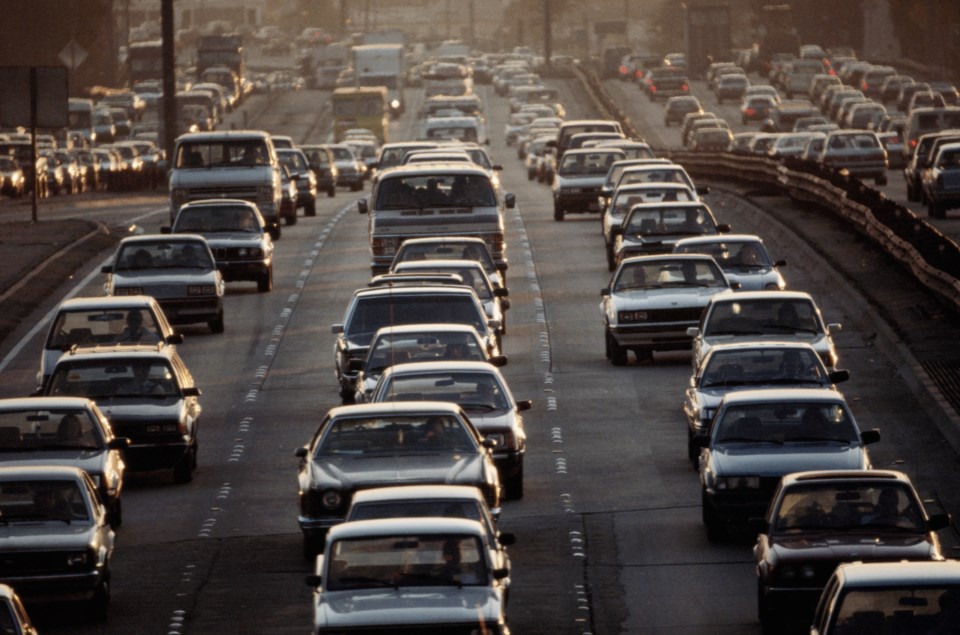Politicians across British Columbia should take a hard look at the results from Vancouver’s municipal election before pushing their unaffordable pet projects on tapped-out taxpayers.
Vancouver’s vote was a referendum on the big spending and tax hikes that residents have endured for several years. Voters stood up to a big and bossy government and said “no.”
A key issue of this election was the so-called transport pricing plan, which was bureaucratic code for an expensive new toll wall. The planned toll wall was going to stretch from Clark Drive west to Burrard and from West 16th Avenue north to the shoreline. Vancouver General hospital, St. Paul’s hospital, Vancouver City Hall, Science World, the Art Gallery and the main branch of the Vancouver Public Library all would have been in the pay zone.
Bureaucrats would not admit how much the toll wall would cost drivers, but a previous study of a similar scheme by Metro Vancouver would have charged drivers up to $8.27 one way to drive over bridges in the Lower Mainland.
Vancouver is already one of the least affordable places to live in Canada.
The proposed toll wall was all pocketbook pain, without any gain for Vancouver.
Mayor-elect Ken Sim made his opposition to the toll wall a key pillar of his election campaign, which helped him sweep to victory. Running on a platform opposing tax hikes, Sim’s party, A Better City, ABC, elected all the candidates they ran.
Outgoing Mayor Kennedy Stewart claimed he was not in favour of the toll wall, but there’s plenty of evidence to the contrary.
In 2020, when families were struggling to stay afloat during the height of the pandemic, Stewart voted in favour of studying the toll wall. In total, Stewart burned through more than $3.5 million to investigate the toll wall.
The toll wall would have been the affordability breaking point for a lot of families and businesses. A family from Kitsilano taking the kids to Science World or the Vancouver Art Gallery after their weekly Costco run would have been hit with tolls.
A senior citizen who needs to drive from their home on Kingsway to Vancouver General Hospital or Saint Pauls for rehabilitation after a serious fall would be hit with tolls.
A waitress who works downtown and lives in Langley? She would be hit with tolls too.
What about the downtown restaurant that’s already barely hanging on? Those food deliveries across the wall would have been much more expensive.
The toll wall may be dead for now, but there’s always a risk of it rising like a zombie from the dirt.
That’s because 40 per cent of the current city council still had favoured the wall.
Re-elected councilor Rebbecca Bligh, from ABC, voted in favour of the toll wall in 2020 but now opposes it. Vancouverites need to make sure Bligh stays on the straight and narrow and opposes the toll wall if it comes to a vote again.
Councilors, Christine Boyle from the municipal party One City as well as Pete Fry and Adriane Carr, both from the Green Party, voted in favour of the toll wall.
Sim campaigned against the toll wall, he won big. The city councilors running on his slate campaigned against the toll wall too. Vancouver voters may have put the issue to rest for the moment, but we need to remain vigilant, and hold this new government accountable on their promises to taxpayers.
Carson Binda is the British Columbia director of the Canadian Taxpayers Federation.




